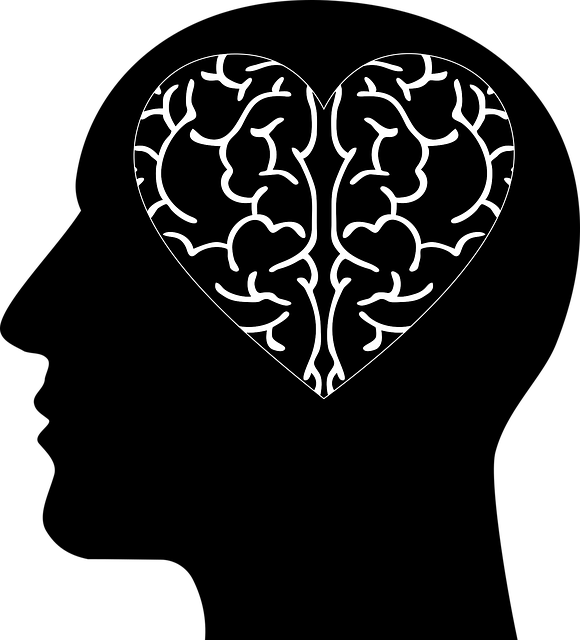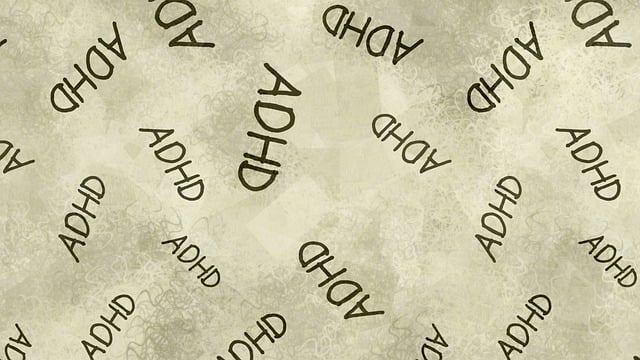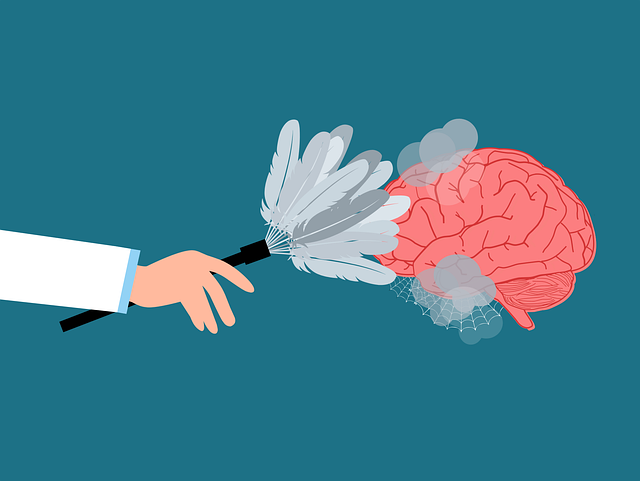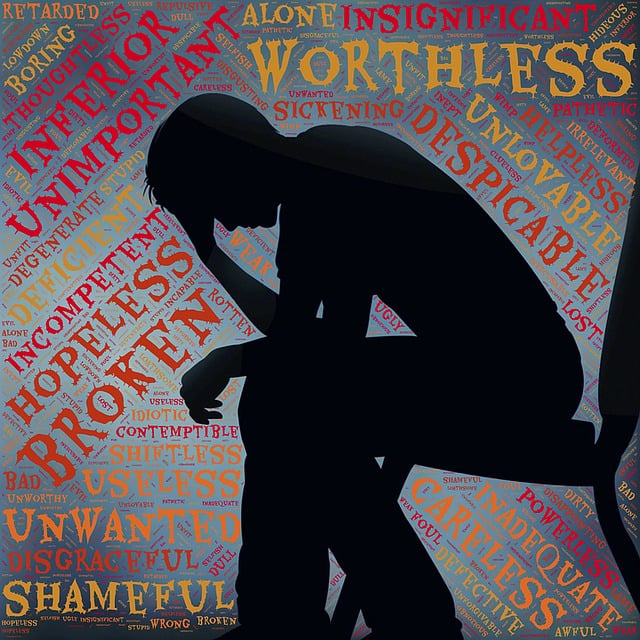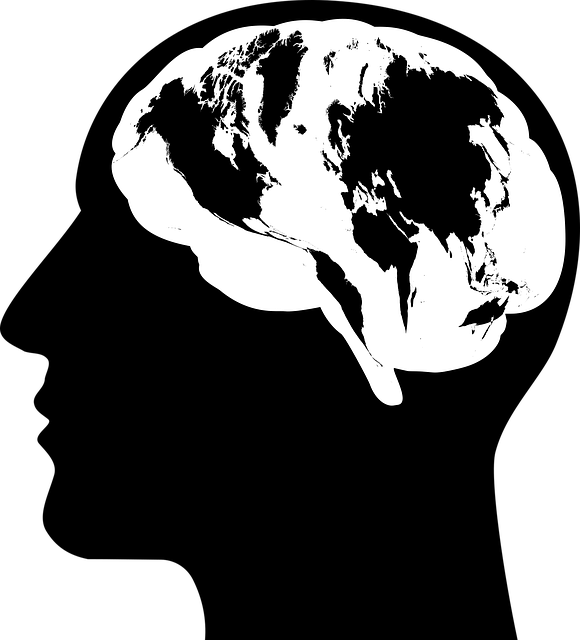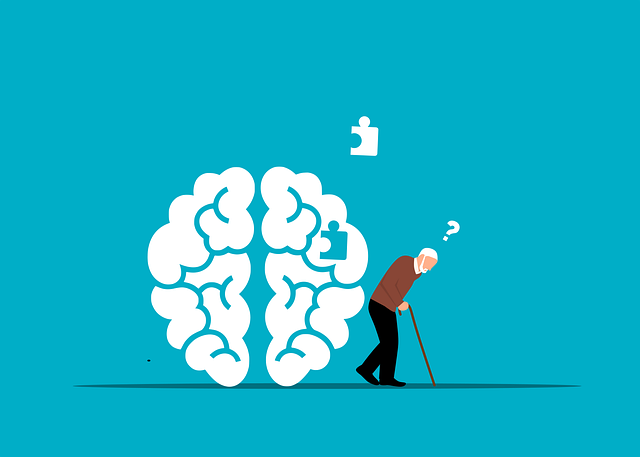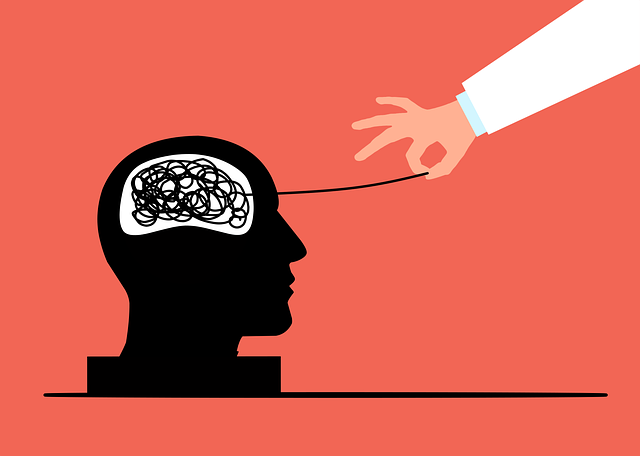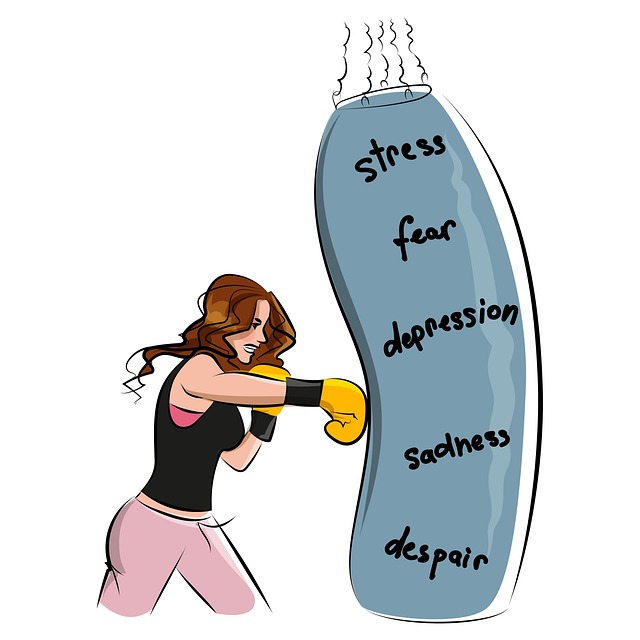Depression among teens is a serious mental health issue, characterized by persistent sadness, loss of interest, and changes in appetite/sleep/energy. It's often linked to biological, environmental, and social factors, with alcohol abuse serving as a risk factor and coping mechanism. Cognitive Behavioral Therapy (CBT) and Interpersonal Therapy (IPT) are effective treatments, empowering teens with self-awareness and healthy coping mechanisms. Podcast series provide accessible resources. Early intervention, including mindfulness meditation and confidence-boosting techniques, promotes emotional well-being and builds resilience against depression. Tailored therapy approaches like CBT and holistic practices are crucial for preventing and recovering from alcohol abuse among adolescents.
Depression among adolescents is a growing concern, with alcohol abuse acting as a significant risk factor. This article explores comprehensive strategies to prevent and address this pervasive issue. We delve into the impact of depression on teens, highlighting the connection between alcohol abuse and mental health. Additionally, it examines effective therapy approaches tailored for adolescent teens, offering valuable insights into prevention and recovery. By understanding these methods, parents, caregivers, and professionals can foster healthier environments and support teen well-being.
- Understanding Depression and Its Impact on Teens
- Identifying Alcohol Abuse as a Risk Factor
- Effective Therapy Approaches for Prevention and Recovery
Understanding Depression and Its Impact on Teens

Depression among teens is a growing concern, often stemming from complex interactions of biological, environmental, and social factors. It’s crucial to recognize that teen depression isn’t just a phase; it’s a serious mental health condition that can significantly impact their ability to function in daily life. Symptoms can range from persistent sadness and loss of interest in activities once enjoyed to changes in appetite, sleep patterns, and energy levels.
In many cases, adolescent teens turn to substances like alcohol as a coping mechanism, which can exacerbate existing symptoms and lead to co-occurring disorders. Therapy, such as cognitive behavioral therapy (CBT), has been proven effective in treating teen depression by helping them develop self-awareness exercises and healthy coping mechanisms. The rise of mental wellness podcast series production offers accessible resources for teens to learn about depression prevention and explore their mental health in a supportive environment.
Identifying Alcohol Abuse as a Risk Factor

Identifying alcohol abuse as a potential risk factor for depression is an essential step in prevention. Adolescent teens are particularly vulnerable, as their brains are still developing. Excessive drinking can disrupt brain chemistry and impair emotional regulation, setting the stage for mental health issues later in life. According to recent studies, therapy for adolescent teens with alcohol abuse issues has shown promising results in mitigating depression risks.
Promoting emotional well-being through mindfulness meditation and confidence-boosting techniques can also be powerful tools. These practices encourage self-awareness, healthy coping mechanisms, and a positive outlook, all of which contribute to building resilience against depression. By addressing alcohol abuse early and integrating these emotional well-being promotion techniques, individuals can take proactive steps towards a healthier and happier future.
Effective Therapy Approaches for Prevention and Recovery

Depression prevention and recovery often hinge on effective therapy approaches tailored to individual needs. For adolescent teens struggling with alcohol abuse, cognitive behavioral therapy (CBT) emerges as a powerful tool. CBT helps young individuals identify and challenge negative thought patterns and behaviors associated with depression and substance abuse. By fostering self-awareness exercises, CBT encourages teens to recognize triggers, develop healthier coping mechanisms, and make positive changes in their lives.
Complementing CBT, other evidence-based practices like interpersonal therapy (IPT) can be beneficial. IPT focuses on improving emotional well-being by addressing relationship issues and social barriers. Encouraging the development of a self-care routine, including regular physical activity and stress management techniques, further strengthens these therapeutic interventions. These holistic approaches not only aid in depression prevention but also promote long-term recovery, empowering teens to lead happier, more fulfilling lives.
Depression prevention among adolescent teens is a multifaceted approach, especially considering alcohol abuse as a significant risk factor. By understanding the impact of depression on young minds and employing effective therapy strategies, parents, caregivers, and professionals can play a vital role in supporting at-risk teens. Early intervention through counseling and therapeutic techniques can be a game-changer, helping teens navigate their emotions and avoid potential pitfalls like alcohol abuse. In terms of recovery, these same therapies offer valuable tools for healing and fostering resilience, ultimately enhancing the well-being of adolescent teens.
